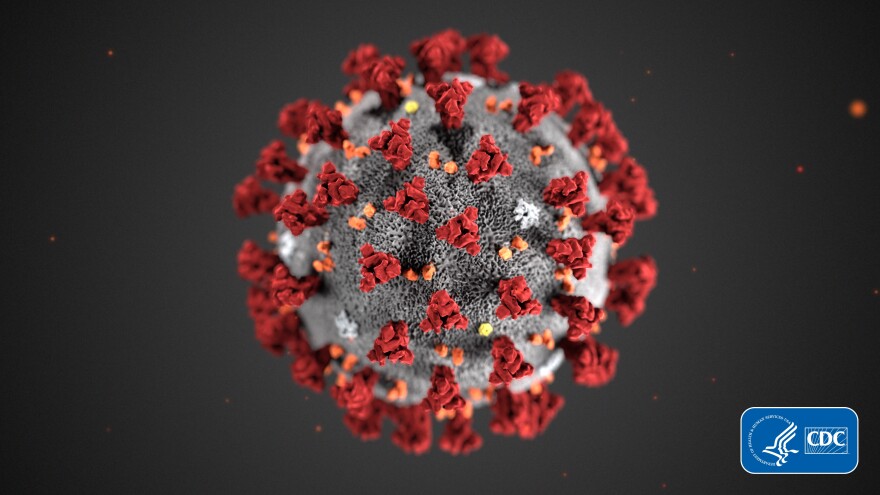Governor John Carney plans to issue a new state of emergency effective Monday, January 3 due to a surge in COVID-19 cases.
The 7-day average for new cases was at 1,193 as of Wednesday while the 7-day average for percentage of positive tests had ballooned to 17%.
In a virtual briefing Thursday, he said the declaration is designed to give the state flexibility to deal with the surge in COVID cases, including use of National Guard personnel as certified nursing assistants.
“We’ve got a really, we think good program, of training up members of our Delaware Army and Air National Guard to work as CNAs in skilled nursing facilities, helping with the staffing needs there, enabling our hospitals to discharge patients out of their facilities, to depopulate there, and move them into longer care and assisted care facilities,” he said.
With 458 patients hospitalized with COVID and 46 in critical condition as of Wednesday, most Delaware hospitals are at or near capacity. About 40% of beds are occupied by COVID patients, according to Dr. Gary Siegelman, Chief Medical Officer at Bayhealth.
"What we’re actually seeing in the state is that the rise in the month of December has been more rapid than it was last year,” Siegelman said of hospitalizations. “And it’s very possible and likely that we’ll see a much bigger surge in January.”
One health system, Beebe, has also announced new visitor restrictions, limiting patients to one visitor a day during certain hours.
Carney and state health officials urged Delawareans to put off New Years Eve celebrations, with Health and Social Services Secretary Molly Margarik issuing a warning.
"If you are gathering with people indoors, and you do not have a mask on, over this next week and on New Years Eve, you should expect to become positive with COVID," she said.

Magarik is urging people to schedule appointments ahead of time and be patient as demand for COVID testing continues to increase.
“It is going to be challenging; I don’t want to sugarcoat it, but demand is absolutely outstripping supply,” she said. “At the same time we have a very dynamic situation where the people who run the test sites are struggling with their own employees testing positive.”
She said the state is ramping up access to rapid antigen tests people can take at home, directing them toward underserved communities where she said many people can’t get to a testing site or buy the at-home test kits, which she said can cost “$26 a pop.”
She also said due to the increase in cases, her department would no longer be able to conduct contract tracing for all positive cases and will rely on those who test positive to inform close contacts themselves. The state is unable to provide clearance letters for return to work or school for the time being.
Bottom line, the Governor says, is get vaccinated, and for those who are vaccinated, get a booster.
“It’s about making sure as many people as possible who are not vaccinated can take that step for their own benefit, the benefit of their family members and to prevent this surge from further stressing our hospital partners.”
78% of COVID hospitalizations in Delaware are among those who are unvaccinated or only partially vaccinated.
Right now, 64.1% of Delawareans are fully vaccinated. However, among younger age groups, less than half are fully vaccinated and only 34% of Delaware residents have gotten a booster shot.
The surge is also having an impact on state resources and staffing. On Thursday, the Department of Natural Resources and Environmental Control (DNREC) announced that it will close or reduce hours at certain facilities in January. The Brandywine Zoo, for example, will be open Fridays, Saturdays, and Sundays. DNREC will also close restrooms at state parks.
Local governments are also impacted with the Newark municipal building closing to the public starting January 3 to limit community spread of the virus. Some walk-in services will be available on a limited basis.



